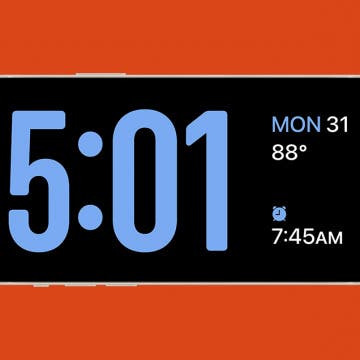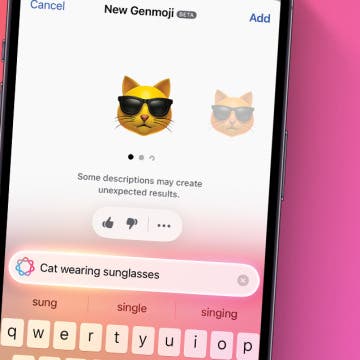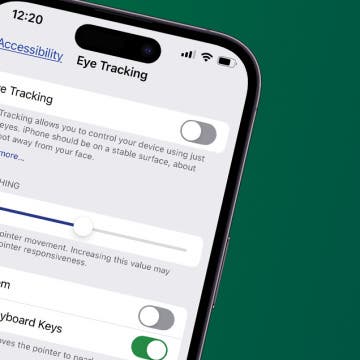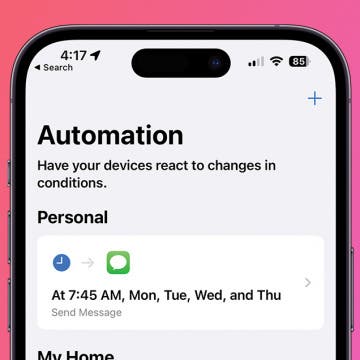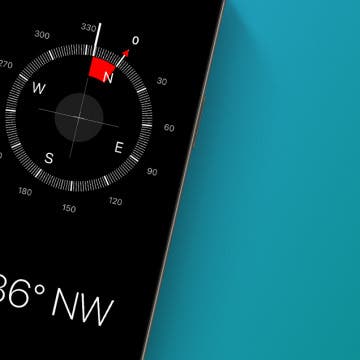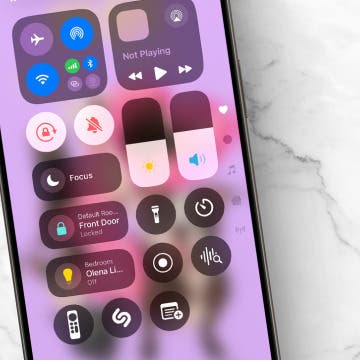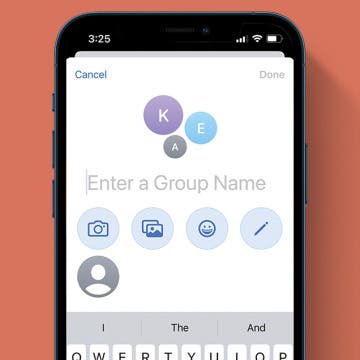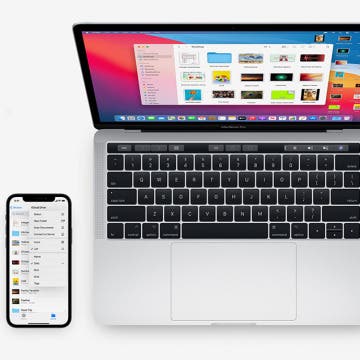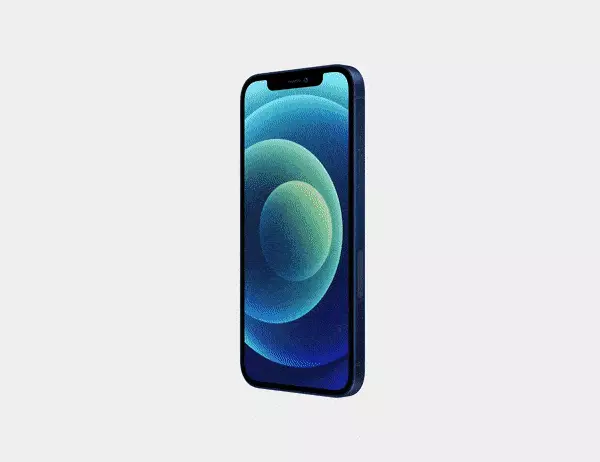
Richard Clarke, who led counterterrorism efforts for nine years during the Clinton and Bush administration says “Encryption and privacy are larger issues than fighting terrorism,” citing the example of the Obama administration which has said no to torture methods. NPR’s David Green then asks why he would compare the FBI’s request that Apple create an iOS backdoor to unlock the San Bernardino shooter’s iPhone with an extreme method such as torture, “that seems like a jump.” To which Clarke replied, “No, the point I’m trying to make is there are limits.”
To add some context to the character of Clarke, this is the man who warned Bush about an imminent al-Qaida attack before 9/11. He says that what the government is trying to do is “compel speech” from Apple engineers. But courts have ruled in the past that computer code is speech, which means that Apple’s lawyer was right to take a stance against this by citing the request as a violation of free speech. Clarke also notes that Apple has helped governments in the past, including China, but that was information Apple already had. Whereas this is something Apple would have to create at the government’s request for this particular iPhone. He mentions the FBI’s mishandling of the phone wherein they changed the iCloud password and prevented their own access to the information that was there for them to claim.

When asked if Clarke would be more sympathetic to the FBI were he still working for the government he replied, ““If I were in the job now, I would have simply told the FBI to call Fort Meade, the headquarters of the National Security Agency, and NSA would have solved this problem for him. They’re not as interested in solving this problem as they are in getting a legal precedent.”
“Wow, that sounds like quite a charge,” Green responded, “You’re suggesting they could have just gone to the NSA to crack this iPhone, but they’re presenting this case because they want to set a precedent to be able to do in the future?”
“Every expert I know believes that NSA could crack this phone. They want the precedent that the government can compel a computer device manufacturer to allow the government in.”
You can listen to the full five-minute interview or read the transcript here.






